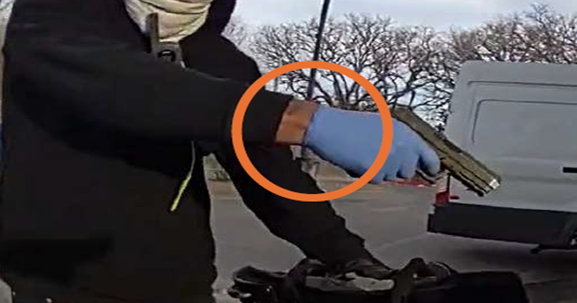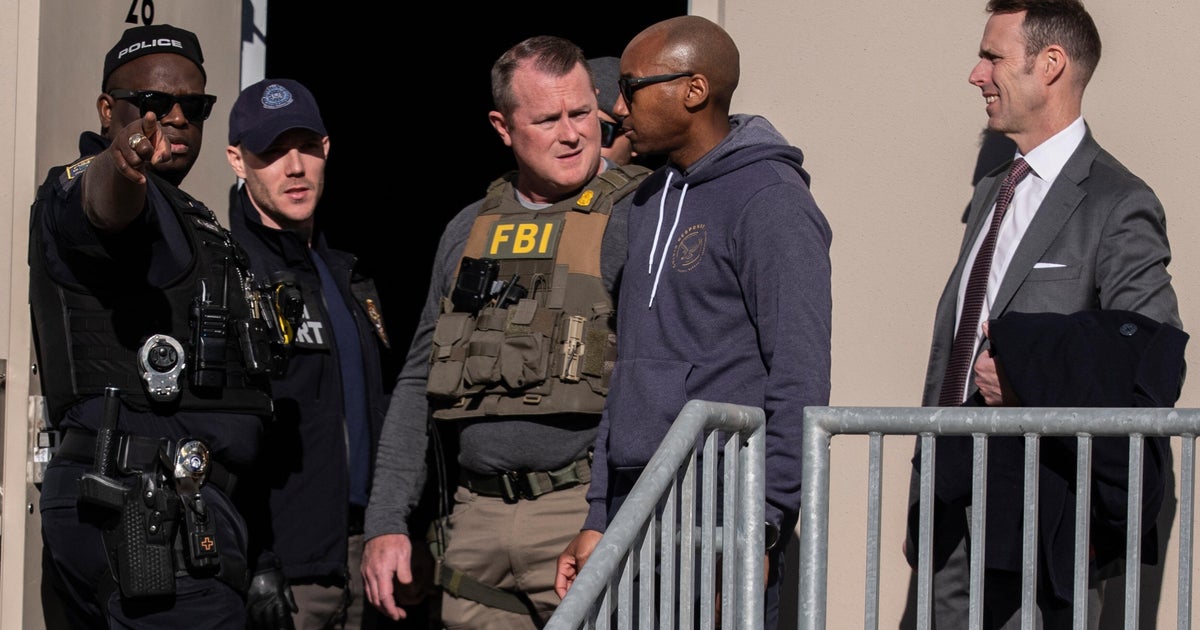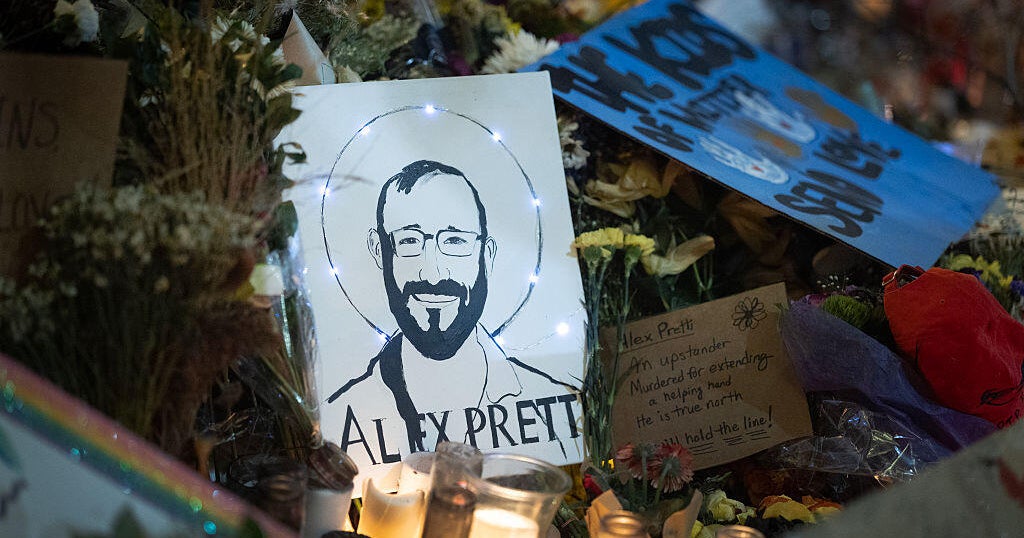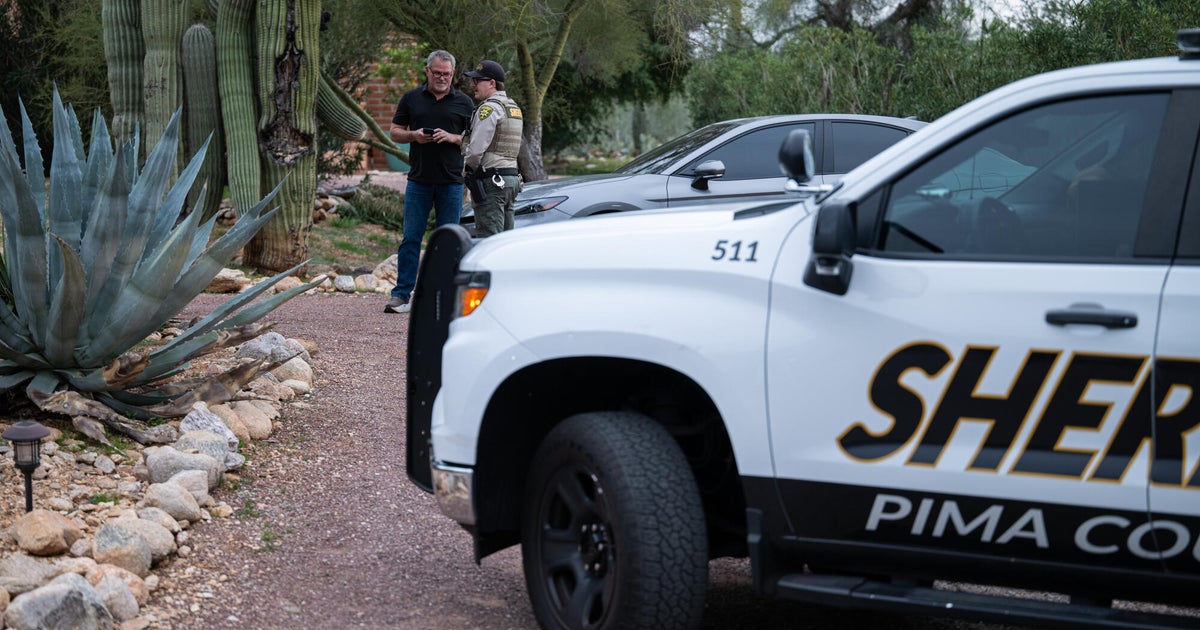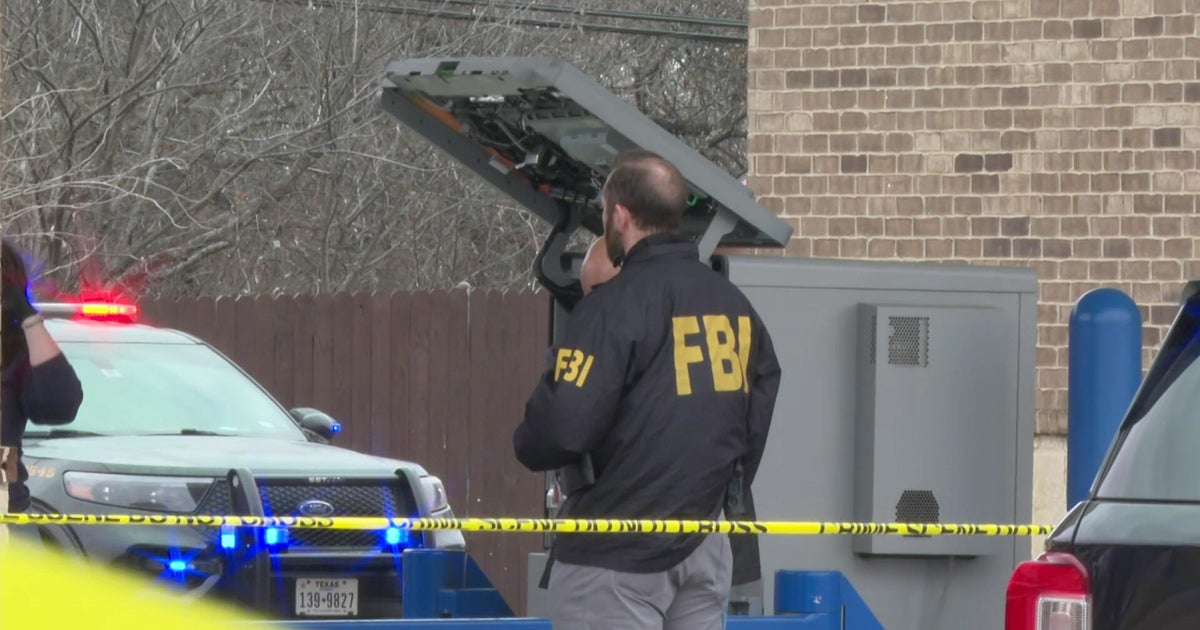Affidavit: Texas Constable Admits Ordering Bugging
DALLAS (AP) – A small-town Texas constable told the FBI he secretly bugged other officials' offices after they were accused of illegally forcing motorists to forfeit their cash, according to a search warrant affidavit.
The affidavit, based on interviews conducted by FBI agents and Texas Rangers, quotes Shelby County Constable Fred Walker as saying he authorized the installation of hidden surveillance cameras and digital recorders even though he didn't have legal authority. It also includes a statement from a witness who claims Walker helped organize a scheme to sell drugs seized from suspects.
It's just another chapter in a longtime drama in Tenaha, a town of 1,160 near the Louisiana border, where seizures of cash from motorists stopped for traffic violations along U.S. Highway 59 -- a well-known drug route that runs from the U.S.-Mexico border to Canada -- have led to lawsuits and a federal criminal investigation.
Walker, 53, was Tenaha's city marshal at the time the alleged bugging occurred. He was elected constable in 2010.
In a brief phone interview, Walker said he knew nothing about the affidavit, filed in U.S. District Court in Lufkin on Feb. 6. When asked if he arranged to have offices bugged, he hung up.
Walker's attorney, Bassey Akpaffiong of Houston, said prosecutors have told him to expect an indictment. Akpaffiong said Walker was never involved in selling drugs and never told the FBI he authorized the installation of secret listening devices.
Malcolm Bales, U.S. attorney for the Eastern District of Texas, declined to comment.
The search warrant affidavit was filed as part of a federal case against the owner of a computer repair business in Tenaha. The business owner, Roderrette McClure, pleaded guilty Tuesday to being a felon in possession of a firearm.
Authorities found the firearms after obtaining the warrant last August to search for hard drives and other computer devices on McClure's property.
According to the affidavit, McClure told authorities that Walker had him install surveillance cameras disguised as smoke detectors and hidden voice-activated digital recording equipment in the offices of Tenaha mayor George Bowers and deputy city marshal Barry Washington. Walker said he wanted to "cover" himself over the traffic stops, most of which were conducted by Washington, McClure said in the affidavit.
Walker acknowledged in an interview the same day that he had authorized the installation of the devices in Washington's office and at city hall, the affidavit states.
Washington and Bowers are among the defendants in a class action lawsuit asserting that authorities in Tenaha and Shelby County threatened innocent motorists, most of them black, with money laundering charges if they didn't forfeit the money they were carrying. Walker has been deposed as part of the suit, initiated in 2008, but isn't named as a defendant.
The Associated Press reported last October that the forfeitures also allowed motorists who genuinely fit the description of drug runners or money launderers to receive light sentences or escape criminal prosecution altogether.
FBI agents have interviewed many of the motorists, and a federal grand jury in Tyler also has interviewed witnesses and collected evidence, according to individuals who have been questioned as part of the probe. The investigation is being headed by the Department of Justice's civil rights division in Washington.
The search warrant affidavit says the FBI and Texas Rangers began investigating Walker and McClure in August 2010 after Walker reported that 500 pounds of marijuana and other drugs were stolen from his evidence room. Investigators later thought the robbery had been staged, according to the affidavit.
In November 2010, Walker and McClure asked authorities to investigate extortion letters they received in which someone identified as "Jack Frost" sought money to keep quiet about selling drugs from the evidence room, the affidavit says. Investigators located a man who admitted writing the letters, and he said he had been recruited by McClure to sell marijuana and ecstasy, according to the affidavit.
The letter writer told authorities that McClure said he and Walker were stealing marijuana, cocaine, ecstasy and hydrocodone from the room and selling it through other individuals, the affidavit says. The document quotes the man as saying McClure and Walker replaced the stolen marijuana with "fire bricks" and that the burglary was staged to cover for the missing drugs.
McClure's attorney, Lori Mack, did not respond to phone messages.
(Copyright 2012 by The Associated Press. All Rights Reserved.)
